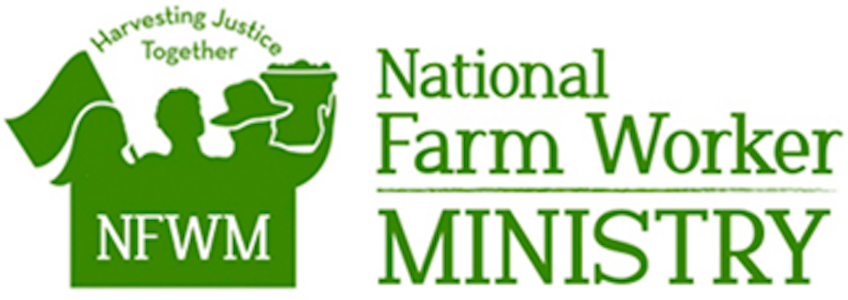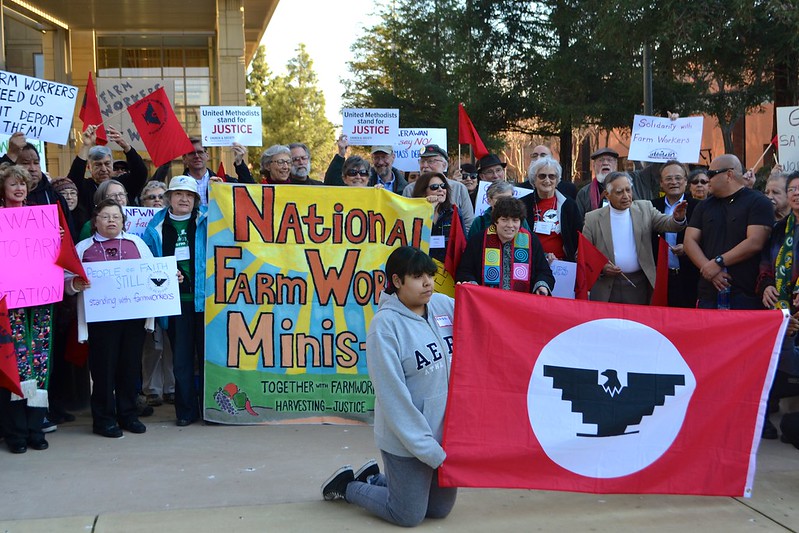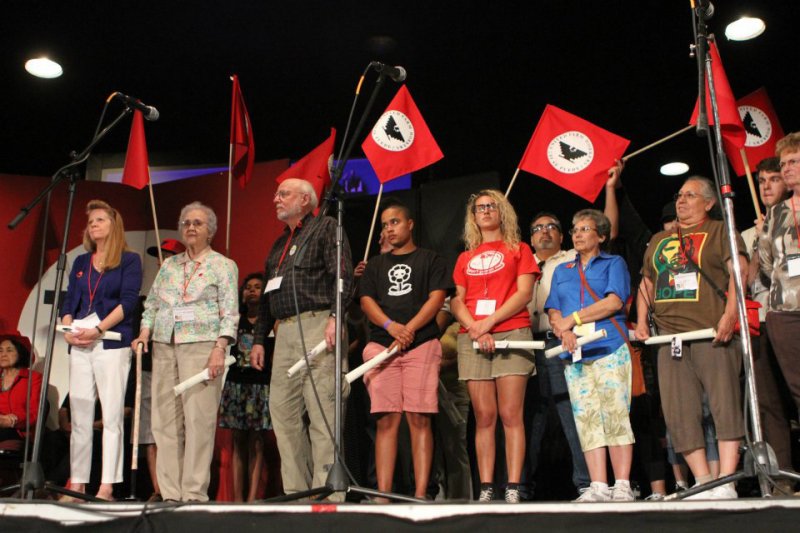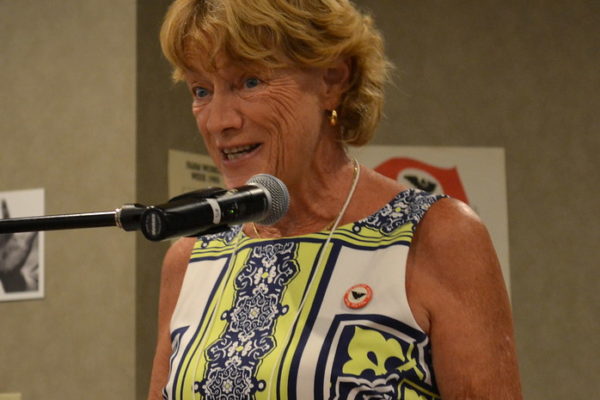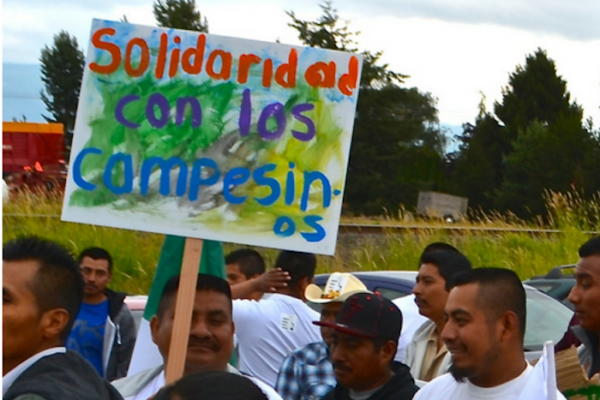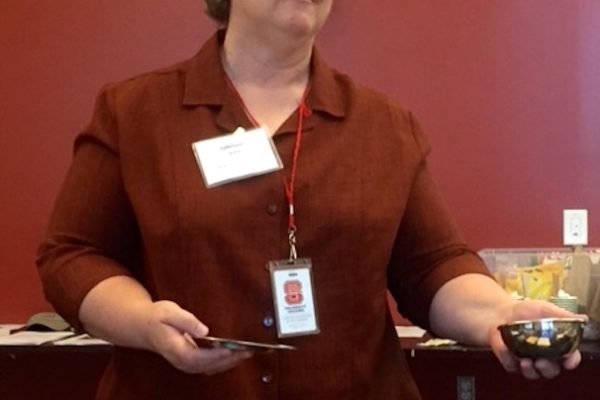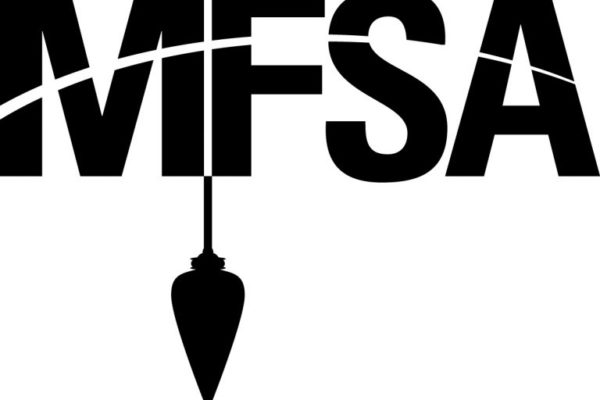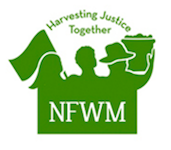Much has been written about the United Farm Workers and the work of Cesar Chavez, Dolores Huerta, Gilbert Padilla, and other early organizers. As the widely recognized founders of the movement, their stories are told throughout the pieces in this exhibit and even more widely across history books – most recently finding their way into a prominent location in the Oval Office.
And while this museum does not tell the story of the UFW’s founding or its astounding and world-changing work, no reflection on any aspect of the farm worker movement would be complete without a tribute to the UFW. NFWM and UFW share a long and rich history, dating back to the years before the NFWM was incorporated. NFWM’s predecessor organizations worked with the organizers to provide charity programs, early advocacy, and to support organizing work.
When Cesar Chavez began organizing the UFW in the 1960s, he called on the religious community to change its emphasis from charity to justice. NFWM and its predecessors became the vehicle for people of faith to respond to that call and has continued in solidarity with the UFW throughout its history.
“Way back in the beginning of our Union, someone asked what we expected from the Church,” wrote Cesar Chavez in the opening line of the Ministry of the Dispossessed: Learning from the Farm Worker Movement. “I answered that we did not want more churches or cathedrals; rather, we wanted the Church to be present with us, beside us, willing to sacrifice for justice, ready to be Christ among us.”
NFWM has stood by UFW’s side through the course of history, listening to the workers, and supporting and amplifying their voices:
- During the mid-1960s, the UFW and California Migrant Ministries partnered in support of farm worker justice through boycotts of major California table grape growers. More state Migrant Ministries joined in and helped grow the grape boycott nationally into one of the major social movements of the 1960s and 70s.
- State Migrant Ministries along with denominational partners, under the umbrella of the National Council of Churches, came together in 1971 and incorporated as NFWM.
- After the victorious signing of union contracts by California grape growers in 1970, the UFW called on NFWM to support a national boycott of non‐union lettuce following major lettuce and vegetable strikes in the Salinas Valley.
- In the 1980s, led by the UFW through the “Grapes of Wrath” Campaign, NFWM educated thousands of people of faith about the dangers of pesticides for farm workers and their children.
- NFWM’s growing base of supporters mobilized for the second grape strike and further UFW organizing efforts throughout the succeeding decade.
- After Cesar Chavez’s death in 1993, NFWM remained untiring supporters of the UFW. From the 1990s through 2000s, NFWM educated and mobilized supporters around the U.S. for UFW campaigns with companies including Coastal Berry Co., Pictsweet Mushrooms, Gallo of Sonoma and Threemile Canyon Dairy.
- In 2005, NFWM supported the UFW-led effort to pass AgJobs (the first major immigration reform bill since the 1980s) and we continue following the UFW’s lead on immigration reform legislation.
- Since the early 2000s, NFWM has supported multiple UFW organizing campaigns including Giumarra, Darigold and Gerawan Farming and supporting significant California legislative victories such as the 2002 Mandatory Mediation law and the 2016 Overtime for Agricultural Workers Act.
